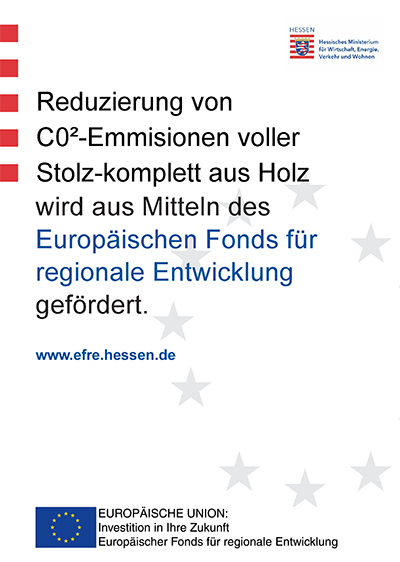Independent Contractor Ppp Forgiveness
As the COVID-19 pandemic continues to affect businesses and economies worldwide, the United States government has implemented various programs and initiatives to help employers and employees cope with the crisis. One of these programs is the Paycheck Protection Program (PPP), which aims to provide financial assistance to small businesses affected by the pandemic.
However, not all businesses have traditional employees. Many independent contractors and freelancers operate as businesses as well and may have applied for and received PPP loans to help them during the pandemic. But what about PPP loan forgiveness for independent contractors?
The good news is that independent contractors can apply for PPP loan forgiveness just like traditional employers. However, there are some specific rules and guidelines that independent contractors must follow to be eligible for forgiveness.
Firstly, independent contractors must have used at least 60% of their PPP loan funds on eligible payroll costs. These costs may include wages, salaries, and tips; employee benefits such as vacation pay, sick leave, and health insurance; and state and local taxes assessed on employee compensation.
Additionally, independent contractors must have used the remaining 40% of their loan funds on eligible non-payroll costs such as mortgage interest, rent, and utilities. It is important to note that these non-payroll costs must have been in effect prior to February 15, 2020, to be eligible for forgiveness.
To apply for PPP loan forgiveness, independent contractors must complete the SBA Form 3508EZ or 3508 applications, depending on their circumstances. They must provide documentation of their loan expenses, such as invoices, receipts, and cancelled checks.
Independent contractors must also stay within the allotted time frame for using the PPP loan funds. The loan funds must have been used within 24 weeks of receiving the loan or by December 31, 2020, whichever comes first.
In summary, independent contractors are eligible for PPP loan forgiveness, but they must follow the guidelines and rules set forth by the SBA. These include using at least 60% of the loan funds on eligible payroll costs, using the remaining 40% on eligible non-payroll costs, and providing documentation of all loan expenses. By following these guidelines, independent contractors can take advantage of the PPP program and get the financial assistance they need during these challenging times.
